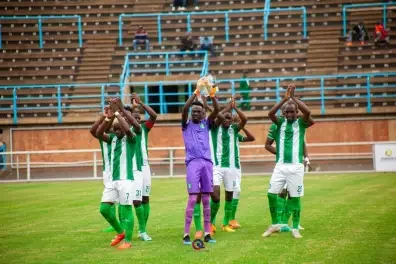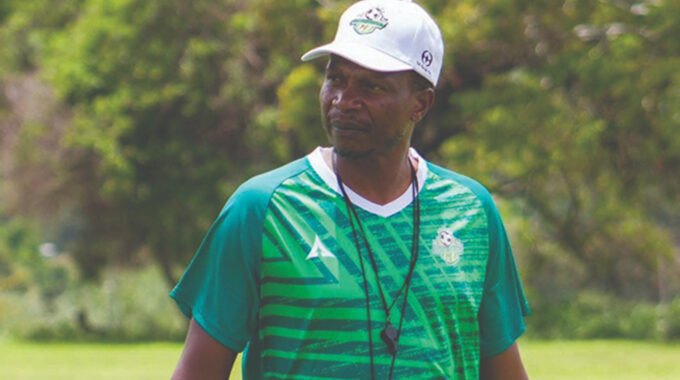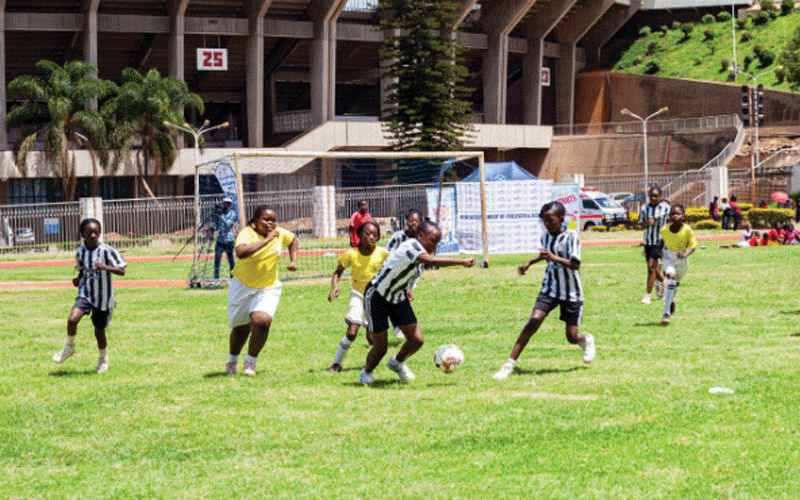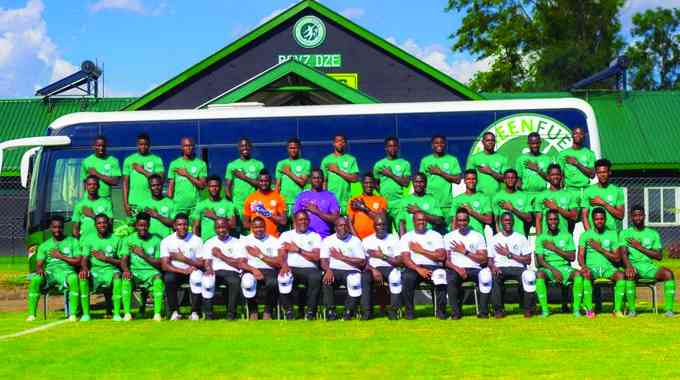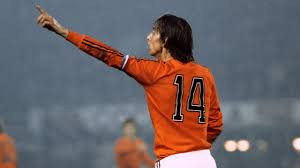
Johan Cruyff has been named as one of the greatest soccer players of all time. He was named as the European Player of the Century (twentieth century) and was second behind Pele as the World Player of the Century; he was the Player of the Tournament in the 1974 World Cup in which the Dutch team finished as Runners-Up; he was awarded the Ballon D’Or trophy three times.
A player with Ajax and Barcelona (plus one season with Feyenoord) he won ten national league titles, seven national cups, three European Cups (the precursor to the European Champions league trophy) and one European Cup Winners Cup while as a manager he won four national league titles, three national cups and three European trophies.
Towards the end of his life, he was asked what his foundational philosophy was as a coach and manager. We might have expected him to refer to the Dutch ‘Total Football’ philosophy, of which he was one of the originators. His response, however, was one that every school sports coach in particular should lodge deep within their minds.
“In the first place, you educate a person. So always start with a person. He’s unique because there is just one of him. Maybe he knows football, maybe he gets into first team. But do you care about him? Do you give him education? The value of the person is totally underestimated.”
So, let us start in the first place – after all, everyone wants to come in first place! But the way to reach first place is to follow Cruyff’s “first place”: educate a person. We must educate the person as a person before we educate the person as a player.
As a coach, we will be desirous to jump right in and teach skills, coach tactics, undertake drills and more but we first must understand that we are dealing with a person, first and foremost, so we must understand, appreciate and develop that person as a person before we even think of developing him as a player.
We may well look on at professional sportsmen and wonder at their ability and success but beneath all the sweat and tears, the blood and guts, the triumphs and disappointments, there is a human being. They are human just like us. They may have the money, the flash cars, the expensive houses, the exotic holidays, the thrill of playing in front of large crowds, the euphoria of winning trophies. They will experience incredible moments, no question! But the fact remains, they are human.
And as they are human, they face the same trials and tribulations and experience the same emotions that all of us do and often have no idea how to deal with them. They are just like everyone else.
- You educate a person
- School of sport: Cruyff rules OK
Keep Reading
They face massive temptations, hide personal weaknesses, experience deep hurts, have good days and bad days. They face difficulties in their marriages (perhaps more than others because of everything else). They are like this and much more for the very simple, obvious reason that they are human.
If that is what they are like, even more so are those children whom we seek to develop. We must first educate the person; after all, as we have often underlined, a “Better person makes a better player”.
Too often we push children to be ‘successful’ (whatever that means), drilling them on the sports field and training pitches, but we do not prepare them to handle that success – or the failure that will inevitably follow the success if we have not prepared them for it.
Furthermore, at school level, where we do sport for all the children (not just the talented ones in our first teams) in order for them to learn vital lessons that they cannot learn in the classroom, it is even more paramount that we are educating the person in values, in principles, as that will enable them to face situations in their adult life with greater effect, more than the skills and tactics (which many will not use at a higher level ever).
Each of them is unique, as Cruyff points out. We must therefore treat each of them uniquely. One child may respond to shouting, others will not. One may be scared to try something new (on the field or outside sport), others will not. Educate the person.
Cruyff asks two vital questions about how we as coaches must educate the person. Do we care about them, even care for them? Do we educate them? As coaches at school, how do we plead? It is what we are there to do.
We must develop them as persons, educate them, before we coach them. We must not underestimate their value as a person. It must be total life first, not total football.

